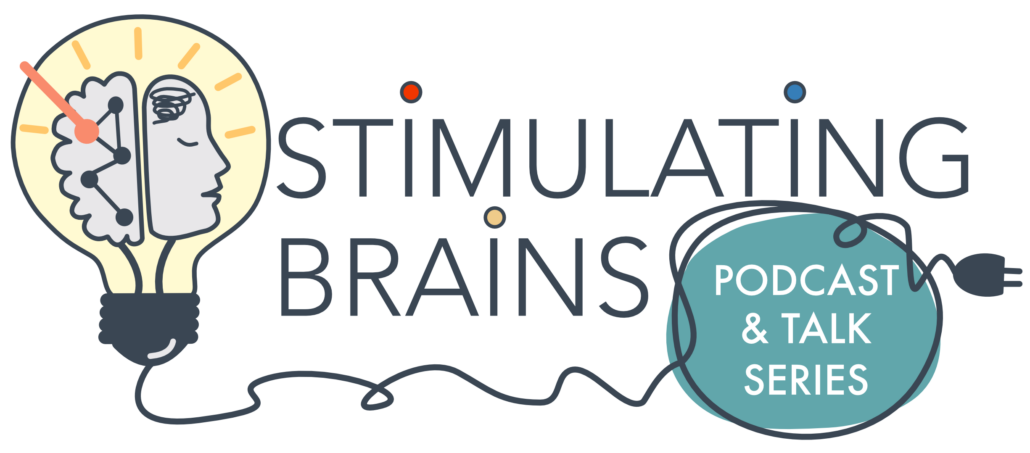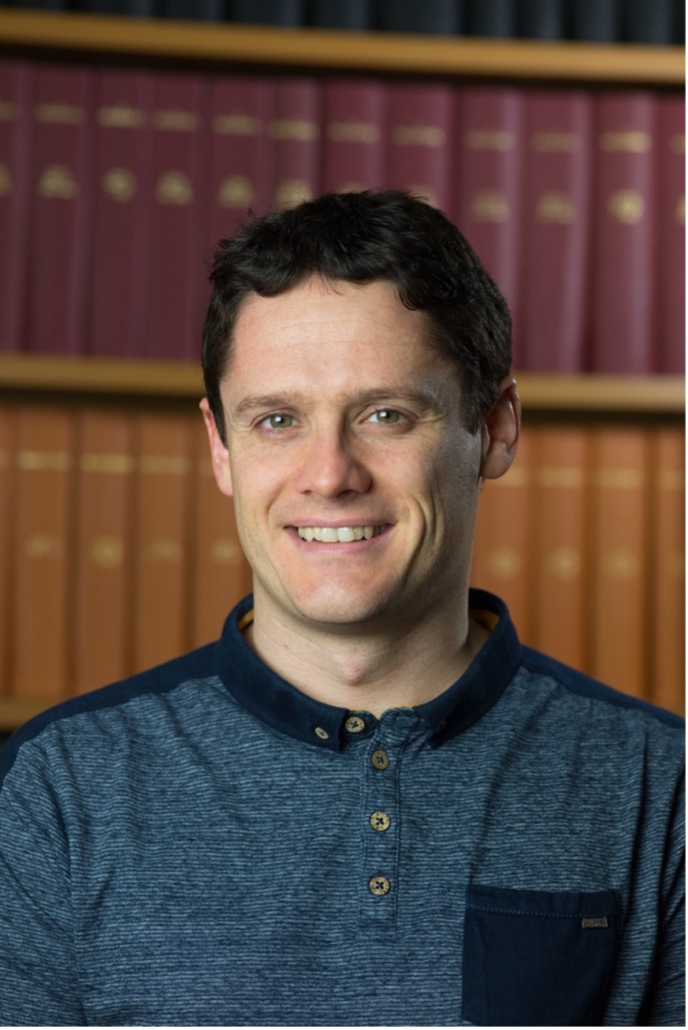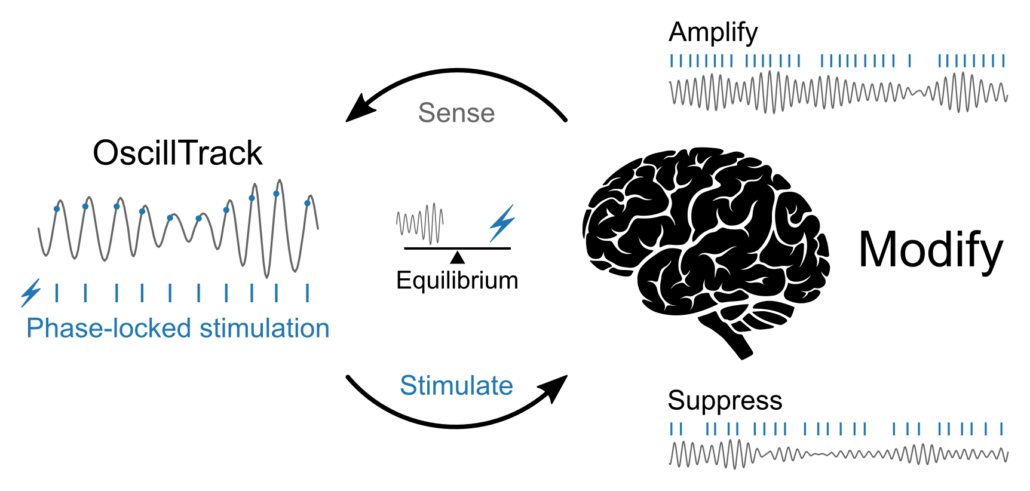#1 – Colin McNamara & Timon Merk – 06/01/2023
On Thursday, June 1st 2023 (6PM CET / noon ET), we will have the pleasure of hosting Dr. Colin McNamara & Timon Merk for an in-person event in Berlin. Not only will we hear about science, but we may also get a glimpse of the inspirational thinkers behind it!
In-person sessions in Berlin will take place at the Lecture Hall of the Bernstein Center for Computational Neuroscience (Haus 6, Philippstraße 13, 10117 Berlin). Get some appetizers, grab a beverage (all on us!) and come enjoy a science apéro (served in the seminar room within the same building) with the speakers prior the talks (from 5:15 PM).
Register here to participate in the event (so we can order enough appetizers / beverages and avoid waste)!
In the meantime, follow us on Twitter or subscribe to our newsletter to remain up-to-date on other events of our Stimulating Brains portfolio.
About the headliner speaker: Dr. Colin McNamara is a Senior Research Scientist at the University of Cork. Before that, he was a Sir Henry Wellcome Postdoctoral Fellow at the University of Oxford, completing his research as a part of the Sharott lab. Colin is currently working on developing systems to directly monitor and in real time manipulate specific brain activities using closed-loop systems.
Title of headliner talk: “Manipulation of brain activity through closed-loop interaction”
Abstract: Much research focuses on measuring brain activity to understand function. This has highlighted the importance of timing relationships in neuronal activity. Equally, delivering carefully designed perturbations to the brain has delivered significant insight. However, such perturbations are mostly delivered independent of ongoing brain activity. I posit that precisely aligning perturbations to the structure of ongoing activity can be a powerful tool for understanding brain function and providing interventions to ameliorate pathological activity. I will discuss this philosophy and an approach we developed along with experiments we conducted to achieve this. OscillTrack responds on a cycle-by-cycle basis to deliver stimulation aligned to a user specified phase of a fluctuating neuronal oscillation within a user specified frequency band. We used OscillTrack to stimulate basal ganglia nuclei at predetermined phases of successive cortical beta cycles in parkinsonian rats. We showed it was possible to maintain oscillatory brain activity in a desired state by delivering stimulation accurately aligned with the timing of each cycle. An equilibrium emerged in the feedback-loop between the modified brain signal and resulting stimulation pattern, leading to sustained amplification or suppression of the oscillation depending on the phase targeted. Additionally, beta amplification slowed movement speed by biassing the animal’s mode of locomotion. Our work has demonstrated the feasibility of achieving a stable brain-machine interaction that produces robust modulation of ongoing behaviour. Designing fast feedback interactions to manipulate different aspects of ongoing neuronal activity – to continuously push a brain network toward a desired state – has wide ranging potential in understanding the function and dysfunction of memory, sleep, and other fundamental brain operations.
About the opening speaker: Timon Merk is a PhD student within the Interventional and Cognitive Neuromodulation Lab at Charité – Universitätsmedizin Berlin, which is led by Wolf-Julian Neumann. In his PhD, Timon is leveraging invasive electrophysiological signals for different decoding applications to propose novel methods for adaptive deep brain stimulation.
Title of opening talk: “py_neuromodulation: A feature estimation and decoding platform for brain implants“
Abstract: Invasive brain computer interfaces were recently demonstrated with high performance across different applications. To leverage novel machine learning advances, training data from multiple subjects and cohorts will be necessary. We therefore developed a software platform called py_neuromodulation to address the lack of standards in data preprocessing, feature estimation and decoding. By integrating adaptive deep brain stimulation and connectomics, this platform enables the discovery of brain circuits for brain implants, with a focus on treating brain disorders. We demonstrate the clinical utility using data from 73 neurosurgical patients who suffered from movement disorders, depression, and epilepsy. In this talk, I will present results from different invasive brain signal decoding applications: generalized movement decoding using electrocorticographic recordings, emotion decoding of patients with major depression who underwent deep brain stimulation therapy, and seizure detection in responsive neurostimulation for epilepsy.







